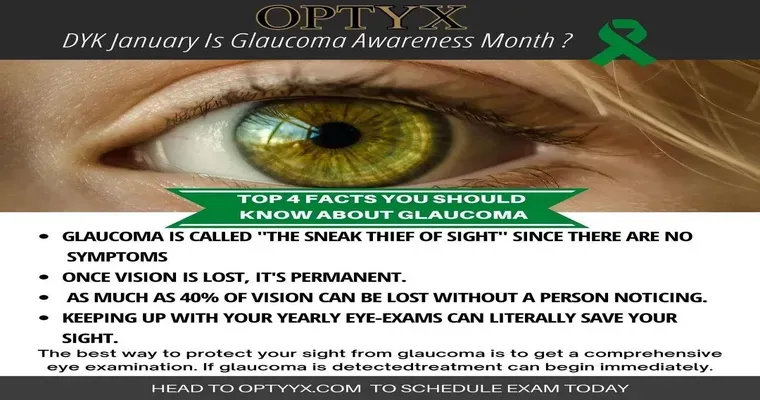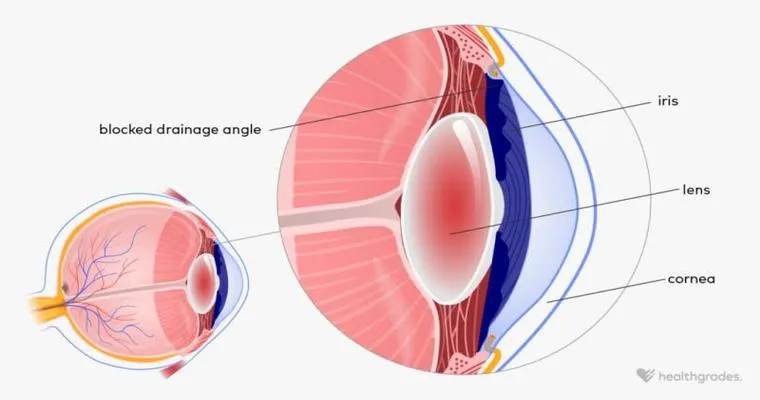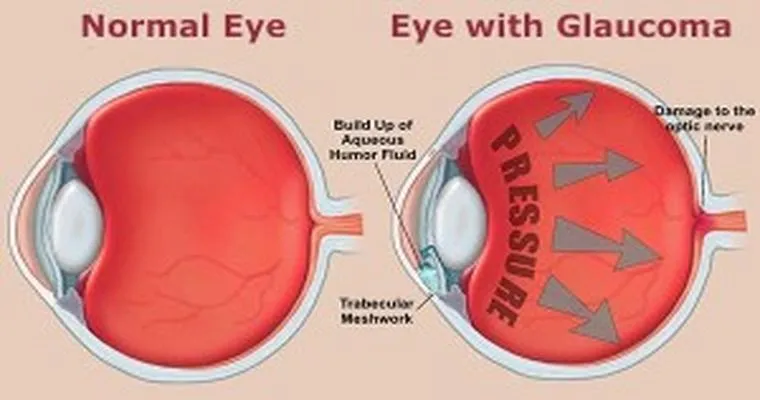"Glaucoma" is often referred to as the "silent thief of sight" because it can quietly cause significant damage to the "optic nerve" before symptoms become noticeable. Many individuals are unaware that they can lose up to "40% of their vision" without realizing it. This article aims to shed light on the importance of regular eye examinations and understanding the risk factors associated with glaucoma.
Glaucoma is a group of eye conditions that lead to damage to the optic nerve, essential for good vision. The most common type, "primary open-angle glaucoma", progresses slowly and usually does not present any early warning signs. As the disease advances, peripheral vision gradually diminishes, often going unnoticed until a substantial amount of vision has been lost. This can result in irreversible blindness if not detected and treated promptly.
Recognizing the risk factors is crucial for early detection. Individuals over the age of 60, those with a family history of glaucoma, and people with conditions such as diabetes or high blood pressure are at a higher risk. Additionally, "African Americans" and "Hispanics" are statistically more susceptible to developing glaucoma at an earlier age.
Regular eye check-ups are vital for early detection and management. During an eye exam, an eye care professional can measure "intraocular pressure" and assess the optic nerve's health. Tests such as "visual field tests" can help identify any loss of peripheral vision, while imaging techniques can provide detailed views of the optic nerve and retina.
Early treatment options may include prescription eye drops, oral medications, laser treatment, or surgery, depending on the severity of the condition. These treatments aim to lower intraocular pressure and prevent further vision loss. The earlier the diagnosis, the more effective the treatment can be, making awareness and regular check-ups critical.
In conclusion, glaucoma can stealthily steal "40% of vision" before a person notices any change. Understanding this condition, recognizing risk factors, and prioritizing regular eye exams can make a significant difference in preserving vision. Don't wait for symptoms to appear; schedule an eye examination today to safeguard your sight against the silent thief of vision.





